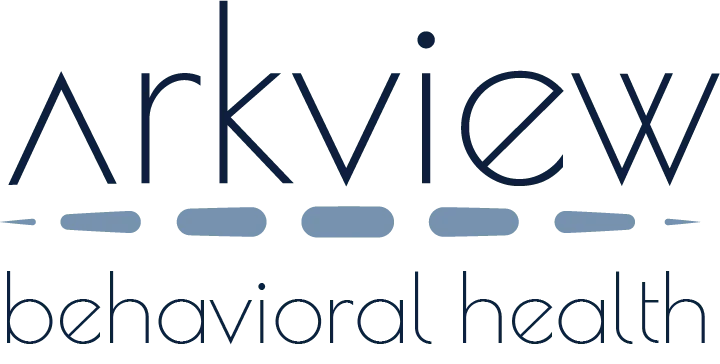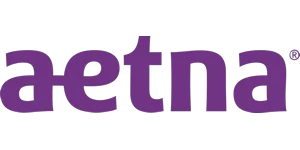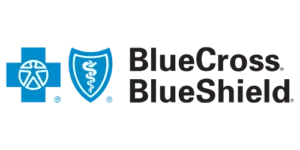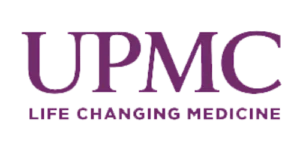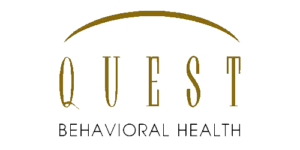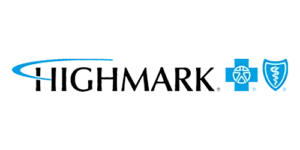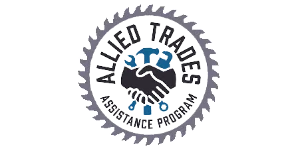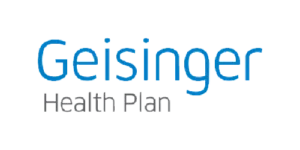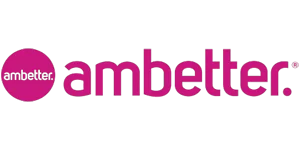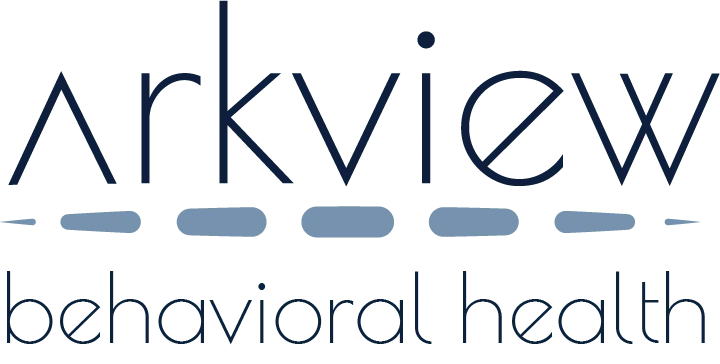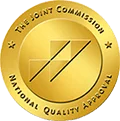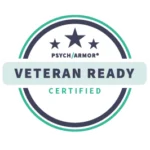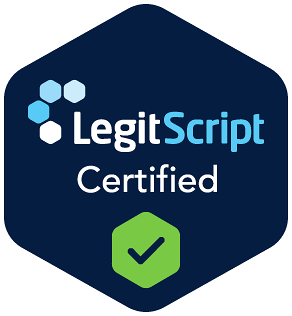Understanding your insurance for addiction treatment benefits is the first step toward getting the help you need. Our team works directly with Pennsylvania insurers to verify coverage, explain policy details, and clarify any out-of-pocket costs before treatment begins. With clear information about your rehab insurance options, you can make informed decisions about your care without unexpected financial surprises.

What Is Some Common Insurance Jargon, And What Does It Mean?
- Your insurance coverage begins after you’ve paid a specific amount out-of-pocket. For example, a $1,000 deductible means you pay the first $1,000 of treatment expenses.
- Copay (Copayment). A fixed fee you pay for specific services, like $30 per therapy session or $15 for prescriptions, even after meeting your deductible.
- The percentage of costs you share with your insurer after the deductible. If your coinsurance is 20%, you pay 20% of covered services, and insurance covers 80%.
- Out-of-Pocket Maximum. The most you’ll pay in a year is before insurance covers 100% of eligible expenses. This includes deductibles, copays, and coinsurance.
- In-Network vs. Out-of-Network. In-network providers have negotiated rates with your insurer, lowering your costs. Out-of-network care often costs more or isn’t covered.
- Pre-Authorization. Approval is required from your insurer before certain treatments (like inpatient rehab) are covered. Without it, claims may be denied.
- Explanation of Benefits (EOB). We need a statement from your insurer that breaks down the billed amount, what they’ve paid, and what you still owe. Not a bill, but a summary of charges.
- Lifetime Maximum. Some older plans have a lifetime limit on how much they’ll cover for addiction treatment. The ACA banned these limits for essential health benefits, including rehab insurance.
- Medical Necessity. Insurers may require proof that treatment is clinically needed before approving coverage. Your provider submits documentation to support this.
- The list of medications your plan covers. If a prescribed addiction treatment drug isn’t on it, you might pay more.
What Services Are Commonly Covered By Insurance?
- Detoxification (Detox). Medically supervised withdrawal management to safely eliminate substances from the body.
- Inpatient Rehabilitation. Residential treatment with 24/7 care, therapy, and structured support.
- Outpatient Programs. Flexible treatment options, including therapy and counseling, while living at home.
- Medication-Assisted Treatment (MAT). FDA-approved medications like methadone or buprenorphine combined with therapy.
- Individual Therapy. Private chats to dig into why addiction happens.
- Group Therapy. Peer-supported sessions to build coping skills and community.
- Aftercare Planning. Ongoing support, such as sober living referrals or relapse prevention programs.
- Mental Health Services. Treatment for co-occurring disorders like depression or anxiety.

Is Rehab Covered By Insurance?
Arkview’s rehab insurance plans offer varying levels of coverage, typically encompassing medical detoxification, inpatient and outpatient rehabilitation, medication-assisted treatment (MAT), therapy, dual diagnosis support, and aftercare services. Copays, deductibles, and pre-authorization differ by provider. To confirm benefits, contact your insurer or a treatment center’s admissions team. In-network facilities usually offer significant savings, and for the uninsured/underinsured, options like sliding-scale fees or grants are available. Explore options early to avoid treatment delays.
Most health insurance plans cover inpatient rehab if medically necessary. Coverage depends on the policy, facility, and treatment. Private insurance also covers inpatient rehab, with specifics varying by plan. The ACA mandates coverage for mental health and substance use disorder services as essential benefits, though pre-authorization and network limits may apply.
Most insurance plans cover outpatient rehab for substance use disorder, as mandated by the ACA. Coverage details vary; private plans may require pre-authorization or limit sessions. Always confirm specifics with your insurer or the treatment center to understand costs and pre-approval steps, and explore alternative payment options if needed.
Most U.S. health insurance covers substance abuse treatment, with specifics varying. The Mental Health Parity and Addiction Equity Act requires that addiction and medical conditions receive comparable benefits. This applies to private, employer, and government insurance plans. Coverage spans medical detox to aftercare, often including inpatient, outpatient, and medication-assisted treatment, but typically requires pre-authorization and network restrictions.
How Do I Check My Insurance Coverage?
- Locate your policy documents. Start by finding your insurance plan’s Summary of Benefits or Evidence of Coverage. These documents outline what addiction treatment services are included under your rehab insurance.
- Call your insurance provider. Dial the member services number on your insurance card to ask specific questions about coverage. Inquire about deductibles, copays, and any limitations for substance abuse treatment.
- Ask about in-network facilities. Preferred treatment centers, often associated with specific insurance plans, typically offer more cost-effective options. Verify which rehab facilities are in-network to avoid higher out-of-pocket expenses.
- Check pre-authorization rules. Prior approval from some insurers is necessary for coverage of rehab services. Find out if you need pre-authorization and how to submit the request properly.
- Understand session or day limits. Many policies cap the number of covered therapy sessions or inpatient days. Ask your insurer about these limits so you can plan accordingly.
- Confirm medication coverage. If medication-assisted treatment (MAT) is part of your plan, check whether drugs like buprenorphine or naltrexone are covered. Also, ask about any prior approval requirements.
- Request a written benefits summary. Get a detailed breakdown of your addiction treatment coverage in writing. This helps avoid misunderstandings and serves as proof of what’s included.
- Contact treatment centers directly. Most rehab facilities have admissions teams who can verify your insurance benefits for you. They can also explain payment options if coverage falls short.
- Learn the appeals process. If your insurance denies coverage, ask how to file an appeal. Understanding this process gives you options if you need to challenge a decision later.
How Much Does Rehab Cost With Insurance?
Daily inpatient rates average $450–$800 before insurance, but coverage typically covers most after deductibles, copays, or coinsurance. PHPs are $350–$450 daily, with plans covering much after deductibles. MAT and detox are usually included, though some policies need prior authorization.
Arkview’s admissions team offers free insurance verification to clarify exact costs, covering services like residential treatment and therapy. Pennsylvania’s mental health parity laws ensure addiction treatment is covered like medical care. If gaps exist, Arkview provides payment plans or guides patients to state aid, such as PATH.
Key factors affecting your final cost include:
- Treatment duration (30/60/90-day programs)
- Level of care (inpatient vs. outpatient)
- Policy specifics (deductibles, out-of-pocket maximums)
- Additional services (holistic therapies may have limited coverage)
How Long Will Insurance Cover Treatment?
Medicaid coverage varies by state. Insurers often require pre-authorization and reviews for extensions, especially for relapse treatment. To maximize benefits, verify policy limits and work with providers for pre-authorization and appeals. If coverage ends, consider payment plans or state-funded programs.
Key variables affecting coverage length include:
- Policy type (HMO vs. PPO networks, employer-sponsored vs. marketplace plans)
- Treatment level (detox, residential, outpatient)
- Medical justification (documented need for extended care)

Which Insurance Providers Cover Alcohol & Drug Rehab At Arkview?
In-network:
Allied Trades Assistance Program
BlueCross Blue Shield
Highmark BCBS
Capital BCBS
Federal BCBS
Cigna
Geisinger
Quest
United Healthcare
UPMC Health Plan
Optum VA Community Care Network
Tricare
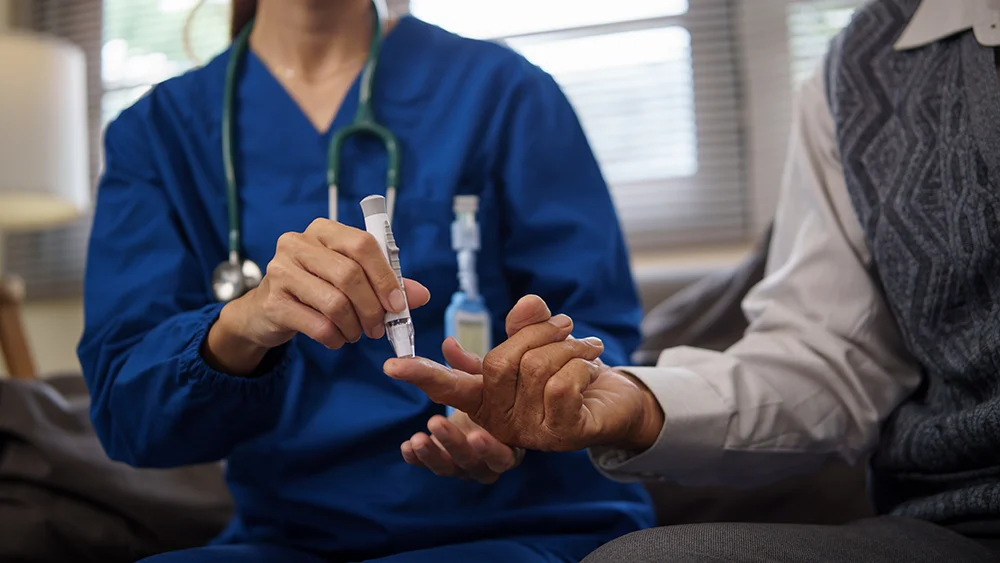
Arkview Is In Network With Insurance For Treatment In Pennsylvania
Our team clarifies benefits for detox, residential, and outpatient services, quickly verifying coverage with PA-based insurers. Contact us today to confirm your insurance information for pre-authorization and coverage confirmation.
FAQ’s On Insurance
A: Arkview provides an insurance verification service to check plan details for inpatient care, detox, partial hospitalization, or outpatient programs, detailing coverage, copays, and deductibles.
A: ACA mandates that most plans cover substance use disorder services, including those at Arkview, as essential health benefits.
A: ACA-compliant plans typically cover inpatient, outpatient, partial hospitalization, intensive outpatient, MAT, therapy, and behavioral health support.
A: Many insurers require advance approval for services. Arkview’s team handles that coordination by verifying medical necessity and submitting requests so treatment can begin smoothly without delay.
A: After your deductible is met, copay or coinsurance applies. Arkview estimates your policy’s coverage.
A: Arkview verifies insurance prescription benefits for medications like buprenorphine, methadone, or naltrexone to prevent surprise charges.
A: Coverage may be available with higher cost-sharing. Arkview can assist with out-of-network claims, financing, or sliding-scale options if the insurer limits payment.
